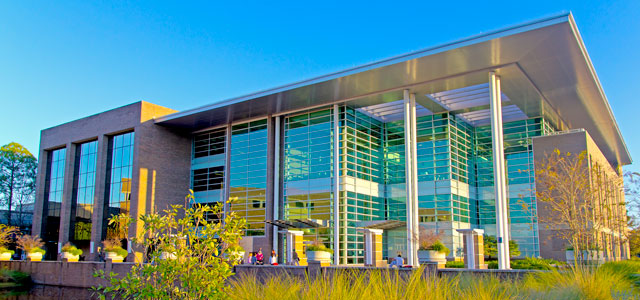Document Type
Article
Publication Date
2012
Abstract
Web discovery tools can change not only the way users search and retrieve information, but also, how libraries and librarians work with information. When the University of North Florida implemented web scale discovery tools, we discovered that the technical implementation was challenging, but the most difficult changes were related to the library culture. Our students were “early adopters” moving from over 26 different entry points to finding most library materials in one search. But our staff and faculty were more resistant to the change.
Technical challenges related to implementation included coordinating the various technology pieces to customize the search interface, convert link resolvers, and to maintain interaction with the proxy server. Because of the complicated nature of web-scale discovery, we learned that no matter how much you prepare for implementation, there will be new and unexpected issues to resolve. Solutions for these problems require input from external entities and not just the library.
Cultural challenges involved library faculty and staff that had the perception that the discovery tool did not produce comparable results to a search done directly in a specific database. When we analyzed this issue, we found that not only did the discovery tool return more accurate results, but also more relevant results. In addition, the results were from databases faculty and staff would not have normally thought to use. The issue then demonstrated the need for more training for library faculty and staff to learn how to refine searches in the discovery tool to achieve maximum results.
By implementing web scale, we essentially untied the string that contained our expectations and experience regarding how search engines work and how users interact with them--and this unraveled all our previously held assumptions about how the library provides research service.
The University of North Florida Library’s internet presence consisted of access points to over 300 databases which were available to users only by subject grouping and alphabetized lists. The Library realized that we were limiting access to content by forcing users to choose a database before starting a search. Therefore, relevant content in databases that the user might not think to search was excluded. Additionally, it was difficult to becomingly increasingly difficult to maintain the subject access approach using a list.
In the past, UNF Library had dabbled unsuccessfully with federated search services. We chose to look for a technical solution that could unite our databases, make access to content easy, and make searching less cumbersome for our users. So we chose to look at new web scale discovery tools to answer our needs. We looked at emerging library discovery tools such as EDS by EBSCO, Summon by Serials Solutions, and Primo Central by Ex Libris.
Recommended Citation
Baldwin, Dee; Kucsak, Michael; and Eng, Alice, "Don’t Touch that String! There Went the Databases" (2012). Library Faculty Presentations & Publications. 7.
https://digitalcommons.unf.edu/library_facpub/7



Comments
Originally published in Information Outlook, The Magazine of the Special Libraries Association
http://www.sla.org/io/